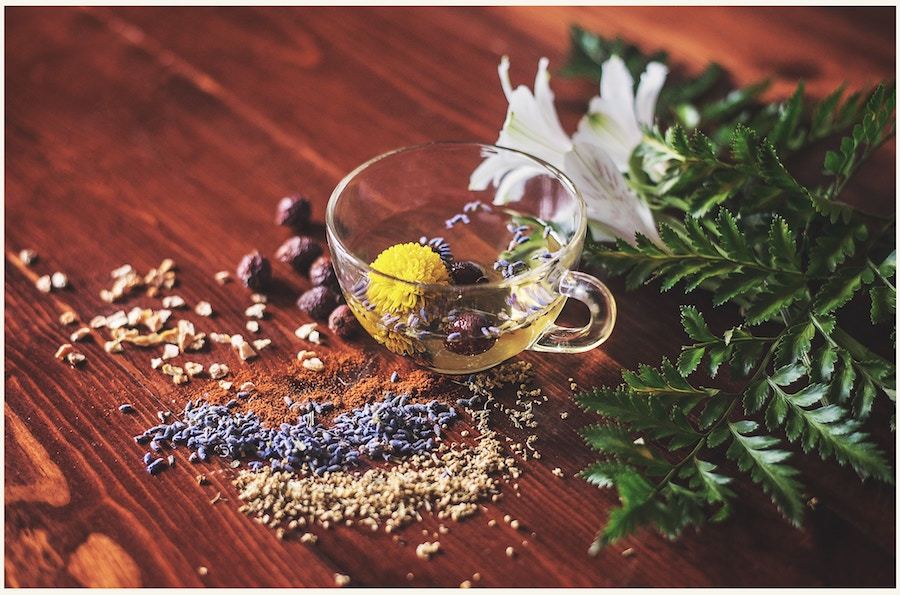Hirsutism and Ayurveda

Ayurveda, which means “the science of life” in Sanskrit, originated in India more than 5000 years ago. Ayurveda uses many herbs found in the environment for healing purposes and places a great emphasis on prevention of diseases and maintenance of health. Ayurveda has come down through generations.
According to Ayurveda, 3 types of principle energies of the body are identified, which is thought to be present in all men and women. They are Vatta, Pitta and Kapha.
- Vatta – the energy of movement
- Pitta – the energy of digestion and metabolism
- Kapha – the energy of structure and lubrication of the body
When the balance of these 3 energies is lost, cells do not function properly and leads to disease. So Ayurveda aims at restoring the balance of these energies.
While Ayurveda cannot achieve the same results as achieved by drugs and surgery in western medicine, it can be used in combination with western medicine to make a person healthier. If you’re interested in starting with Ayurveda, talk to your doctor first to make sure if it works with your current treatment plan or medications you’re currently taking.
What is Hirsutism?
Hirsutism is the presence of male pattern hair growth in women in unwanted areas such as the face, chest and back. The hair in these areas can become dark and coarse. None of us want excess hair, especially not in our faces. Hirsutism can caused by a medical condition due to excess of androgens (mainly testosterone hormone) such as Polycystic Ovary Syndrome (PCOS) or occur due to certain long term medications. In some cases, there’s also no underlying cause that can be identified, which is then “idiopathic hirsutism”.
As Hirsutism can be caused by other medical conditions, it is key to check in with your doctor and discuss the symptoms you are experiencing. They can then look into it and together you can find treatment options that work for you.
How can Ayurveda Help Women with Hirsutism?
There are some supplements used in Ayurveda that are believed to have natural anti-androgen action. These could be supportive in the treatment when combined with western medicine techniques, such as treating the underlying cause, and use of hair removal procedures like electrolysis and laser hair removal. They cannot be suggested as stand- alone treatments. If you’re interested in starting with a supplement, make sure to discuss it with your doctor first, as some can interact with medications that you may be taking.
Some of the anti-androgen supplements that are mentioned in Ayurveda are:
- Licorice (Glycyrrhiza glabra)
- Peony (Paeonia lactiflora)
Licorice is believed to block androgen receptors in women and therefore thought to reduce testosterone levels in the blood. Peony is believed to lower the production of testosterone. Aromatase is the enzyme which converts testosterone to estrogens in women. Peony is said to have an effect of increasing activity of this enzyme. There currently is too little scientific evidence available to confirm this effect, and more studies are needed to come to a definitive conclusion.
Other uses of Ayurveda in Hirsutism and PCOS include tonics or arishtas, hair removal methods and preparations, and stress reduction techniques such as yoga. Ayurveda also focuses on a healthy diet, which can be helpful to deal with the symptoms of hormone imbalance.
Conclusion
Ayurveda might be something to look into as a supplement to your treatment regimen. Before starting with any supplement, discuss it with your doctor first, as it can interact with the medications from your treatment regimen or other medications you may be taking. It’s a good idea to make a list with the supplements and dietary changes you’re interested in, and bring it to your next doctor’s appointment to discuss.
Tip: Are you interested in learning more about natural supplements for Hirsutism? Here you can find our in-depth report!
